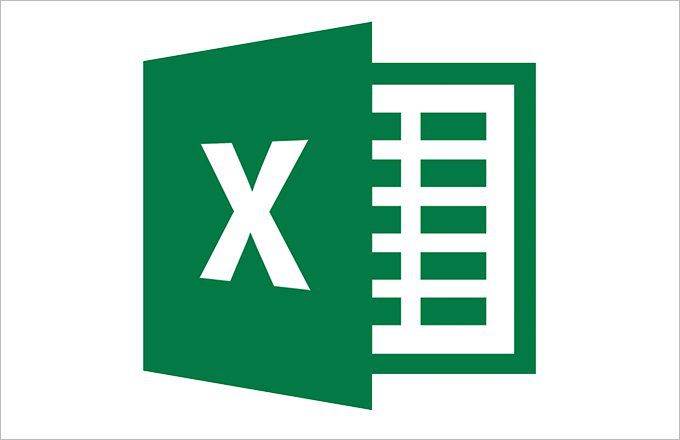
- Functions are established formulas that conduct calculations using specific values (arguments) in a given order (or structure). Simple and sophisticated computations can both be done with functions. The Formulas tab on the Ribbon contains all of Excel's functions: Syntax for Excel functions
- The syntax of a function is demonstrated in the following example of the ROUND function rounding off a number in cell A10.
- Structure. A function's structure starts with an equal sign (=), then the function name, an opening parenthesis, comma-separated arguments for the function, and a closing parenthesis.
- The name of the function Click a cell and press SHIFT+F3, which will open the Insert Function dialogue, to see a list of available functions.
- Discussions. Numbers, text, logical values like TRUE or FALSE, arrays, error values like #N/A, and cell references can all be used as arguments. You must specify an argument that produces a valid value for that argument. Constants, formulae, and other functions can also be used as arguments.
- Tooltip for the argument As you type the function, a tooltip with the syntax and arguments appears. For example, type =ROUND( to see the tooltip. Only built-in functions have tooltips.
Read More: How to stop automatic sorting in pivot tables in excel?